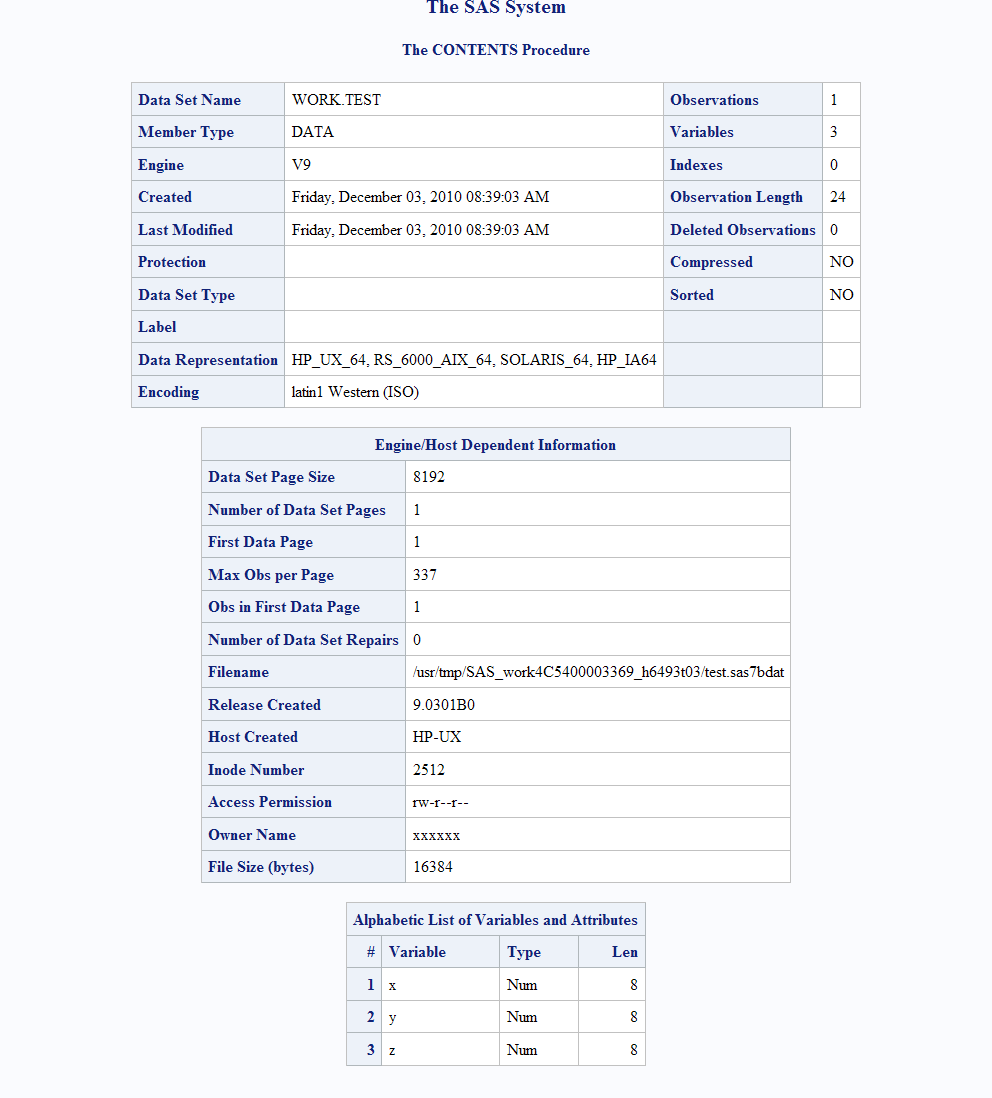Compatible Computer Types in UNIX Environments
Characteristics of Compatible Computer Types
Big endian, little endian,
and bi-endian refer to the way an operating system orders integer
values. These values are ordered in bytes, and the way in which bytes
are ordered is called byte ordering. The ordering of bytes depends
on the operating environment on which the integers were produced.
On big endian platforms,
the value 1 is stored in binary and is represented here in hexadecimal
notation. One byte is stored as 01, two bytes as 00 01, and four bytes
as 00 00 00 01. On little endian platforms, the value 1 is stored
in one byte as 01 (the same as big endian), in two bytes as 01 00,
and in four bytes as 01 00 00 00.
If an integer is negative,
the "two's complement" representation is used. The high-order bit
of the most significant byte of the integer will be set to on. For
example, -2 would be represented in one, two, and four bytes on big
endian platforms as FE, FF FE, and FF FF FF FE, respectively. On little
endian platforms, the representation would be FE, FE FF, and FE FF
FF FF. These representations result from the output of the integer
binary value -2 expressed in hexadecimal notation.
Different computers
store numeric binary data in different forms. Hewlett-Packard and
IBM store data in big-endian format. Linux and Tru64 UNIX store data
in little-endian format. Solaris SPARC stores data in big-endian format,
and Solaris x64 stores data in little-endian format.
Compatible Computer Types for Release 6.12 through SAS 9.3
The tables in this section
show the compatible computer types for Release 6.12 through SAS 9.3.
After each table, a brief explanation is provided.
You can move a Release
6.12 SAS data set that was created on a 32-bit HP-UX host to a 32-bit
AIX host using NFS, FTP, or CD. Because HP-UX and AIX are compatible
computer types, you can use the V6 engine to read the HP-UX data set
on the AIX host.
The same 32-bit HP-UX
data set can be moved to a 32-bit Intel ABI host. However, because
these computer types are incompatible, you cannot use the V6 engine
to read the HP-UX data set.
For information about
reading Release 6 data sets, see Reading Version 6 Files.
Note: In Release 8.2, both 32–bit
and 64–bit SAS were available for the AIX, HP-UX, and Solaris
operating environments. In SAS 9, SAS is 64–bit for these environments.
You can move a Version
8 data set that was created on a 32-bit Solaris host to a 32-bit HP-UX
host using methods such as NFS, FTP, or CD. Because this data set
was created on compatible computer types, you will be able to read
this data set in SAS.
The same 32-bit Solaris
data set can be moved to a 64-bit HP-UX host. Because these computer
types are incompatible, SAS will use Cross-Environment Data Access
(CEDA) to read this data set. For more information, see Reading Version 8 or Later Files from Incompatible Computer Types.
Determining Compatible Computer Types in SAS 9.3
In SAS 9.3, the
Data Representation field of the PROC CONTENTS output
shows the compatible computer types for a SAS file. The following
is a display of the PROC CONTENTS output.
In this example, the Data Representation field shows the compatible computer
types for this data set. You can use NFS, FTP, or CD to move any data
set to any computer and SAS will load the data set. If one data set
has the same data representation, then SAS can read the data set natively.
Otherwise, SAS must use CEDA. For more information about CEDA, see Reading Version 8 or Later Files from Incompatible Computer Types.
In SAS 9.3 for the Solaris
x64 platform, PROC CONTENTS lists the following compatible computer
types in the Data Representation field of
the PROC CONTENTS output:
SOLARIS_X86_64, LINUX_X86_64, ALPHA_TRU64, and LINUX_IA64.
The following table lists the possible values for the
Data Representation field for SAS 9.3, and the corresponding
computer types.
